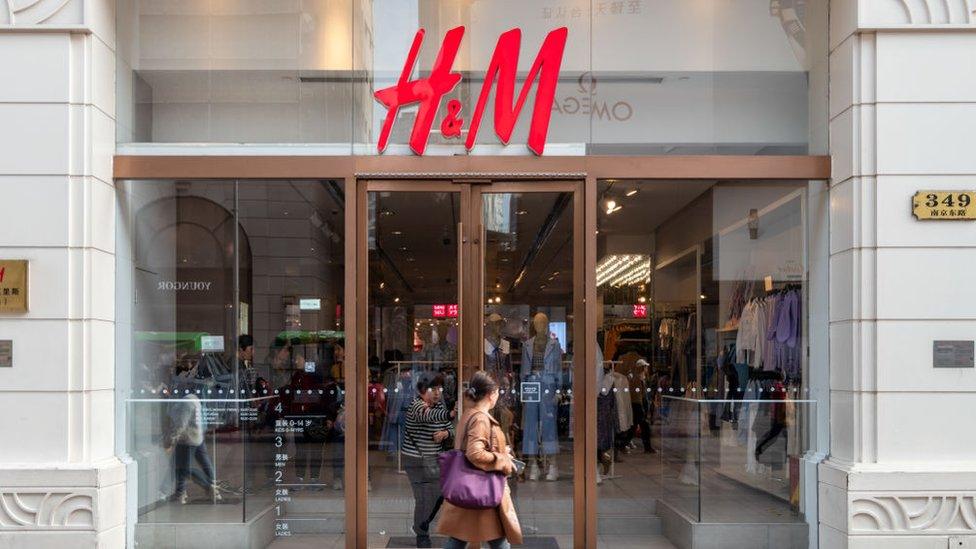Intel apologises to China over supplier advice
- Published
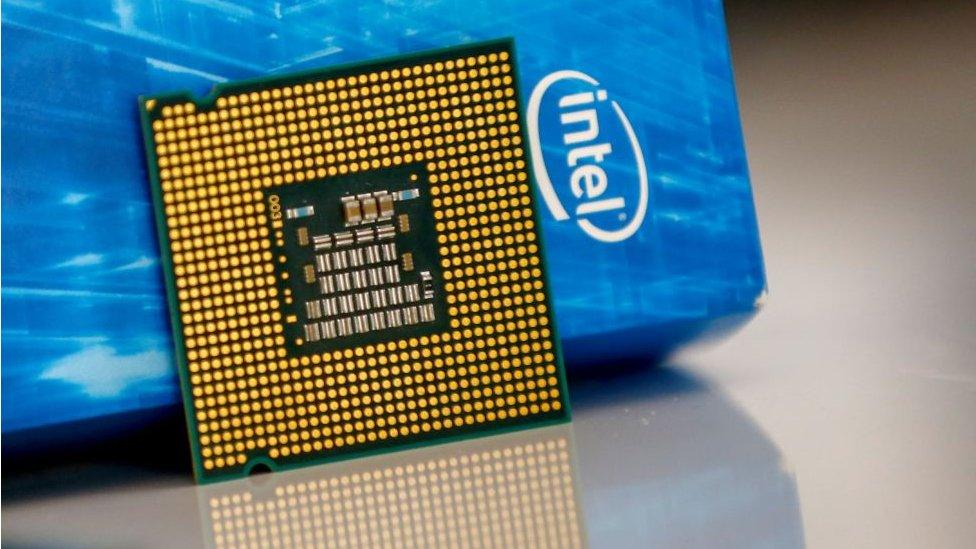
US microchip maker Intel has apologised following a backlash over its letter urging suppliers not to source products or labour from China's Xinjiang region.
The company's letter sparked criticism in China, with calls for a boycott.
The letter said Intel had been "required to ensure" its supply chain did not use labour or source goods from Xinjiang, following restrictions imposed by "multiple governments".
China has been accused of human rights abuses in Xinjiang.
The region is home to many of country's Muslim Uyghur population and there have been allegations of forced labour and possibly genocide.
In December last year, the BBC published an investigation based on new research showing China was forcing hundreds of thousands of minorities, including Uyghurs, into manual labour in Xinjiang's cotton fields.
Beijing has repeatedly denied the claims.
In a Chinese-language statement on its official WeChat and Weibo accounts, Intel said that its commitment to avoid supply chains from Xinjiang was an expression of compliance with US law, rather than a statement of its position on the issue.
"We apologise for the trouble caused to our respected Chinese customers, partners and the public. Intel is committed to becoming a trusted technology partner and accelerating joint development with China," the firm said.
The White House said President Joe Biden signed into a law a bill that requires companies to prove that goods imported from China's Xinjiang region have not been produced with forced labour.
The bill was passed by Congress last week with the aim of stopping US companies from benefitting from forced labour, something which China denies is the case.
Many Weibo users derided Intel's apology as an attempt at protecting sales in China, with one saying: "A mistake is a mistake! Retract the statement about Xinjiang!"
Meanwhile, the hashtag "Is Intel's apology sincere?" was trending on Weibo on Thursday, Reuters reported.
Singer Karry Wang said he would no longer serve as brand ambassador for Intel, adding in a statement that "national interests exceed everything".
Intel is not the first company to come under pressure over aims to comply with sanctions related to Xinjiang while continuing to operate in China.
'Sensitive issue'
Retail giants Nike and H&M faced a backlash earlier this year after they expressed concern about the alleged use of Uyghur forced labour in cotton production.
Intel, which has 10,000 employees in China, said in its apology that it respected "the sensitivity of the issue in China".
Meanwhile, China's foreign ministry said "accusations of forced labour in Xinjiang are lies concocted by anti-China American forces" aimed at destabilising China and hindering its development.
"We note the statement and hope the relevant company will respect facts and tell right from wrong," said foreign ministry spokesman Zhao Lijian.
Related topics
- Published24 May 2022
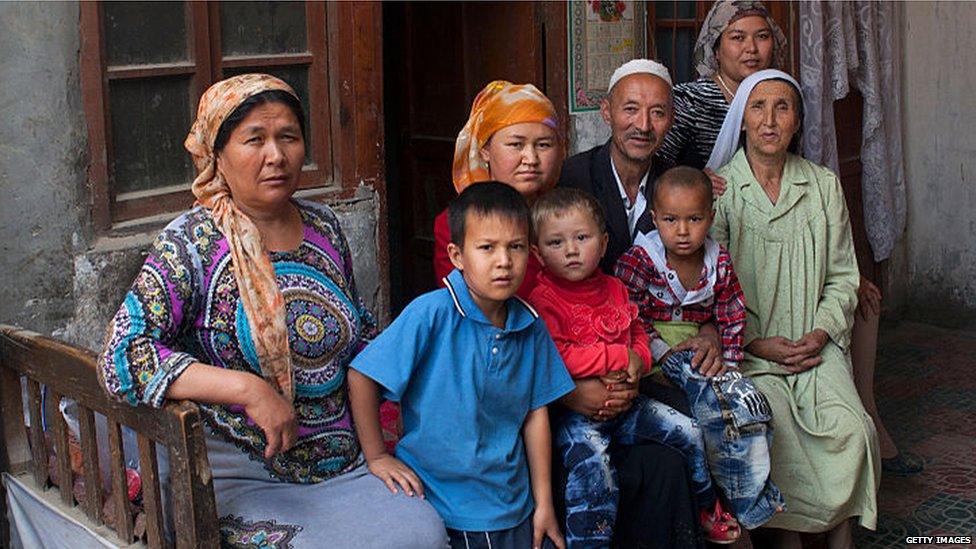
- Published22 March 2021
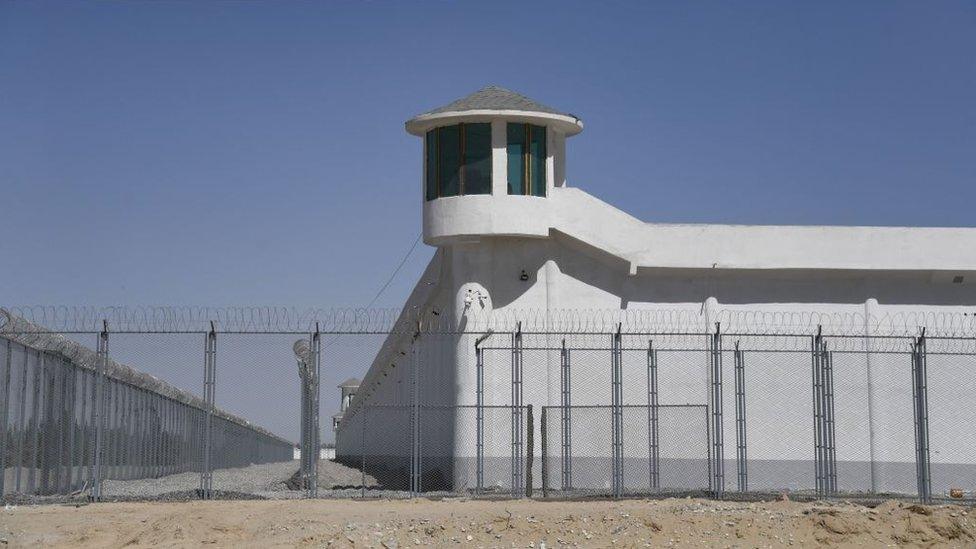
- Published24 November 2021
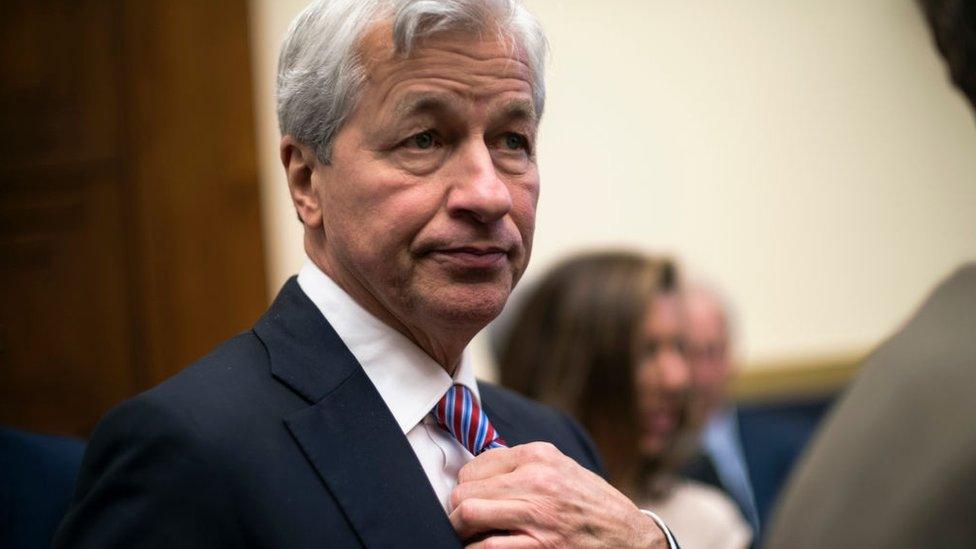
- Published7 April 2021

- Published25 April 2021
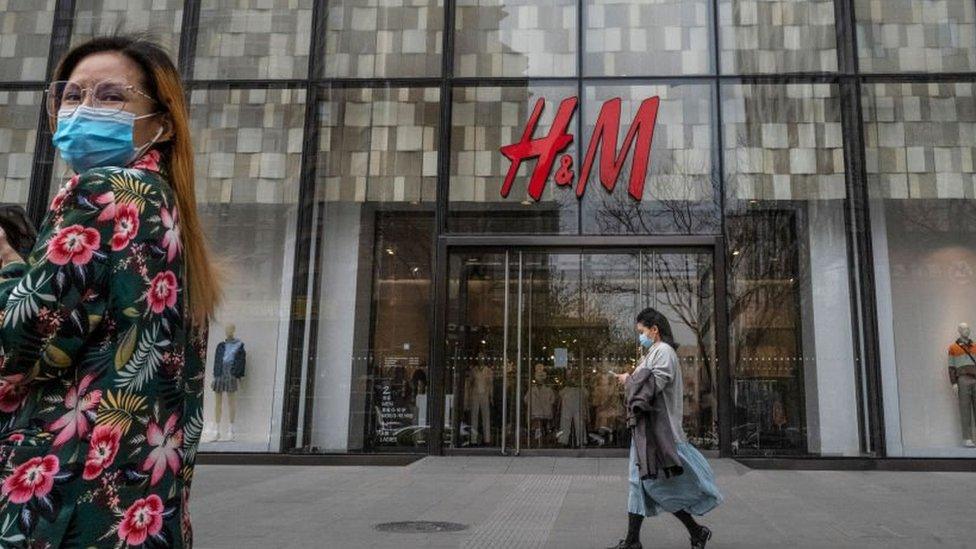
- Published25 March 2021
